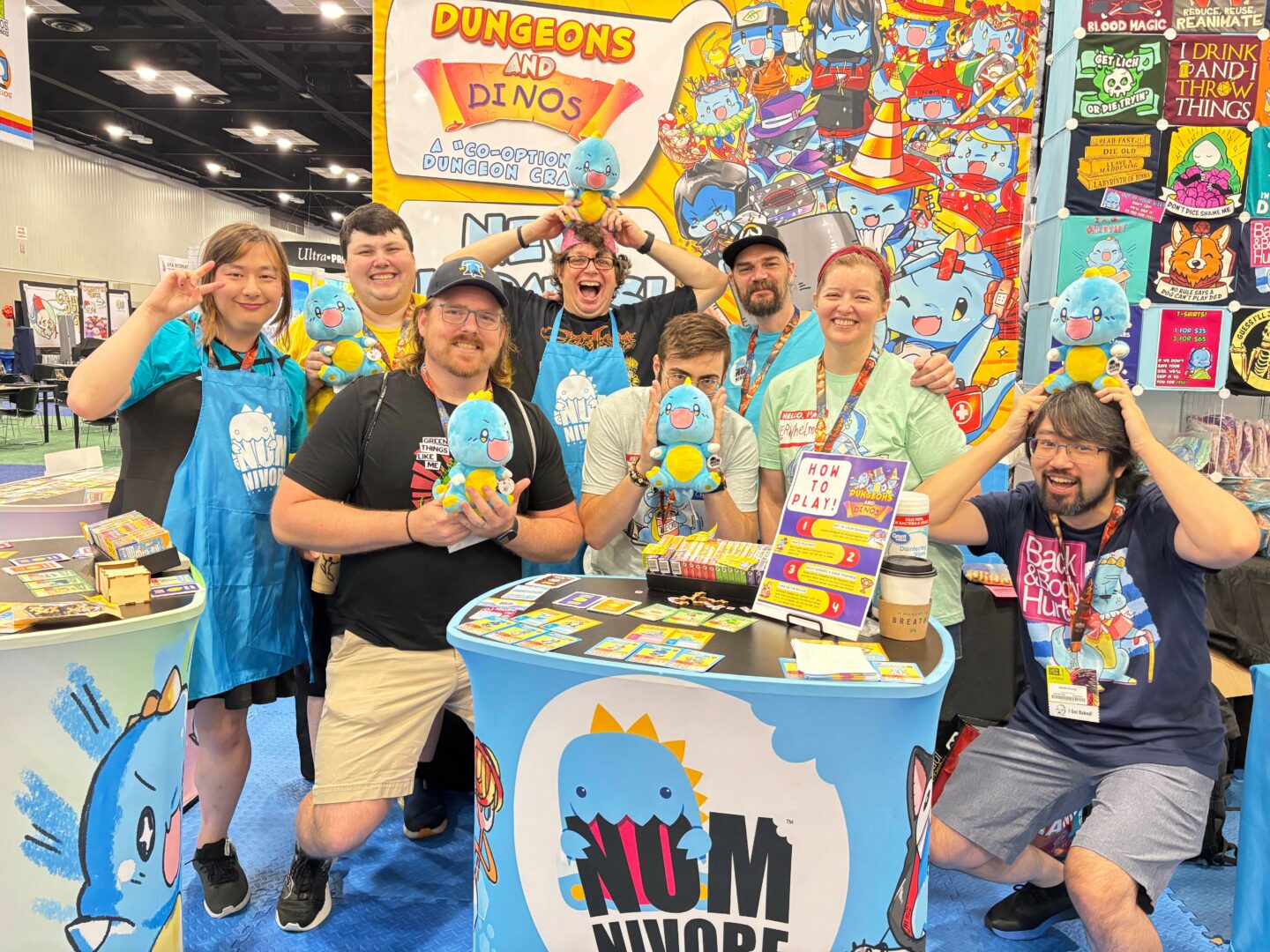We’re looking forward to introducing you to Derek Chung. Check out our conversation below.
Derek, so good to connect and we’re excited to share your story and insights with our audience. There’s a ton to learn from your story, but let’s start with a warm up before we get into the heart of the interview. What are you most proud of building — that nobody sees?
The cornerstone of my work, though largely unseen, is the internal culture and operational philosophy of Nomnivore Games Inc. While our public mission—to ensure everyone has a seat at the gaming table—through the neurodivergent-friendly and disability-friendly games we design and publish is something I deeply cherish, the true foundation of that mission lies in how we treat our own team.
My ultimate goal is to make the world a better, brighter place, one game at a time, fostering laughter and connection. This is partly achieved through the experiences our games deliver, and I firmly believe that these experiences are fundamental to mental well-being. I hold an equally strong conviction that mental health is a fundamental human right.
To that end, we’ve had some success in creating a mentally healthy space for our consumers. However, what often goes unnoticed is the business side of Nomnivore Games itself. A company dedicated to promoting mental health would, in my view, fail its mission if it didn’t prioritize the well-being of its own employees as well.
To achieve that and behind the veil, Nomnivore Games operates in a somewhat unconventional manner. I’m frequently quoted saying I’m not suited to being the “boss” of a company because I don’t prioritize the bottom line or profit above all else. This approach isn’t easy; there are certainly times when making space for the mental and emotional needs of my team results in extra work or hardship for me. Yet, I am immensely proud to say that we’ve cultivated a workplace that is, in terms of mental health, friendlier than almost anything else I’ve encountered.
My hope is that as we grow and our IP portfolio expands, we’ll generate more revenue, allowing me to compensate our dedicated team better than we currently can. Juggling our extensive charitable work for disadvantaged groups and the internal support for our employees with our limited financial intake is an ongoing challenge, but one I believe we will overcome as more people discover our mission and the joy our content brings.
Can you briefly introduce yourself and share what makes you or your brand unique?
At the heart of Nomnivore Games Inc. beats the unique vision of its President, Derek Chung. A multi-award-winning game designer (yes, he still blushes when you say that), Derek is a globe-trotting psychotherapist and a college professor who, by some delightful cosmic joke, teaches psychology and game design. It sounds like a lot, and honestly, sometimes it is. But beneath the impressive, and frankly, slightly exhausting, list of credentials lies a simple, profound mission: to make games, and the unadulterated fun they hold, accessible to everyone.
Derek’s philosophy isn’t about “dumbing down” games or lowering the bar. Far from it! Instead, it’s about “raising everyone up” so they can play and enjoy games however they wish. Think of it as a personal quest to equip every player with a jetpack to reach the highest shelves of gaming enjoyment, rather than just moving the shelves closer. This commitment isn’t just a mission statement; it’s woven into the very fabric of the company he founded, Nomnivore Games. At NOM, every title is designed to be neurodivergent-friendly and physically-disability-friendly. Because, let’s face it, if you can’t play, you can’t have fun, and that’s just not on Derek’s watch.
This ethos extends beyond the boardroom (or, more accurately, the chaotic creative space that serves as our “boardroom”) and into the classroom. As a professor, Derek is shaping the next generation of game designers by giving them a truly interdisciplinary education. He infuses his curriculum with a myriad of knowledge drawn from an eclectic mix of fields—including, naturally, a deep dive into accessibility, the intricacies of psychology, and how it all hilariously (and sometimes painfully) interacts with the business side of the games industry. His students learn not just to design games, but to design for people, ensuring that the magic of play can be experienced by all. It’s all about creating a future where everyone has a seat at the gaming table, and maybe, just maybe, enough snacks to go around.
Great, so let’s dive into your journey a bit more. What’s a moment that really shaped how you see the world?
One moment that profoundly shaped how I see the world happened after I’d been in the industry for a few years, right after I’d released my very first game, EMBERWIND. I was at a convention, and this young girl kept peeking out from behind a pillar, clearly trying to get my attention but too shy to approach. This went on for the longest time, a kind of funny, silent cat-and-mouse game across the convention floor. Finally, she gathered all her courage, dashed out, threw an envelope right at my head, and then took off like a shot.
I picked up the envelope, a bit bewildered, and read the letter inside. What she shared with me, I’ll never forget. She explained that as she hit puberty, she developed an anxiety disorder that only worsened with the pressures of high school. Before that, she loved playing D&D with her friends. They were wonderful friends, the really understanding type, and always tried to make space for her anxiety. But there were moments, especially when the Dungeon Master would turn to her and ask, “What do you want to do?”, that the pressure of everyone looking at her became too much. She couldn’t overcome it. Eventually, she had to stop playing, which left her feeling incredibly lonely and excluded from all the inside jokes and shared moments her friends still enjoyed.
Then, a friend of hers bought a copy of EMBERWIND on a whim and invited her to play. And for whatever serendipitous moment only the universe will know, she found the courage to try it. I’m so glad she did, because for some reason, the way I had designed the game just clicked for her. She was able to play again, restoring something she thought was lost forever.
Reading that letter, I knew in my heart that I had no choice but to continue down the path of making accessible games—games that shrink the social distance between people and reduce the distance to pure, unadulterated fun. That moment solidified my mission: to create experiences where everyone, regardless of their challenges, can find a seat at the gaming table and experience the joy of play.
What have been the defining wounds of your life—and how have you healed them?
When I reflect on the moments that have most profoundly shaped me, they often revolve around instances where I felt I fell short in supporting someone in need. As a “healer”—a role I’ve embraced through years of providing pro-bono mental healthcare globally—these instances are particularly impactful. This isn’t about self-blame; I’m acutely aware of my human limitations. There were times I lacked the right words, or perhaps I wasn’t the right person to deliver them. Mistakes, misjudgments, or even moments when I instinctively turned inward or away when someone truly required my presence.
These aren’t wounds that simply vanish; instead, they become permanent markers on my journey. Each shortfall is a crucial lesson, deepening my understanding of how to approach similar situations in the future. This isn’t about justifying past errors either, but actively owning them. These experiences have broadened my perspective, compelling me to better integrate my understanding of human connection and vulnerability into every aspect of my work—from game design at Nomnivore Games to teaching my students. In essence, I haven’t “healed” from anything as much as I am in a perpetual state of “healing.” Ultimately, that is expressed by allowing these defining moments to be a driving force, pushing me to continually evolve and create avenues—through play and education—that empower both myself and others to reach out and uplift those who need it most.
So a lot of these questions go deep, but if you are open to it, we’ve got a few more questions that we’d love to get your take on. What’s a belief or project you’re committed to, no matter how long it takes?
A core belief that drives me, and a project I’m committed to no matter how long it takes, is cultivating greater empathy and understanding among people. It’s a desire that, ironically, led me to both deeply respect psychology and, at times, fiercely challenge its conventional approaches.
You see, while psychology offers invaluable language to describe and legitimize our experiences, and those of others, there’s a fine line. Diagnostic terms, for instance, can be incredibly empowering, giving people a framework to understand what they’re going through. Yet, they can also become reductive, trapping individuals within labels that diminish their unique humanity and lived experiences. My issue isn’t with the knowledge psychology offers, but with how it’s often presented and consumed in society—sometimes feeling sterile, exclusionary, or confined to an “ivory tower.”
My mission is to democratize that knowledge, breaking down those barriers so that everyone has access to therapeutic experiences, regardless of whether they come from a formalized setting or not. Ultimately, what truly matters isn’t just formal therapy, but what is therapeutic, and that can emerge from countless interactions and experiences with anyone.
This is where games come in. I humbly believe that games are a phenomenal, often overlooked, avenue for fostering these therapeutic moments. Think of the profound impact games have had on our lives—from a lesson learned, to a feeling of belonging, to forging new friendships and relationships. Games are incredibly powerful tools for connection, self-discovery, and well-being.
I am absolutely committed to championing and expanding these enriching moments for everyone. Whether it’s through the next expansion for EMBERWIND, a whimsical new dinosaur-themed IP under our ‘Nomnisaurs’ line, engaging with audiences on panels, or educating the next generation of designers in the classroom—I will utilize every available method to make the transformative power of play accessible to all.
Thank you so much for all of your openness so far. Maybe we can close with a future oriented question. Could you give everything your best, even if no one ever praised you for it?
I might sound like a broken record here, but I’m really driven by a deep love for helping people understand each other. It’s not about getting awards or being noticed; it’s just something I’d keep doing even if no one ever knew. The best part isn’t praise, but seeing the pure joy when people connect and share happy moments.
For instance, I remember this one really touching time with a young girl who’d been through a lot of trauma, making her withdrawn and outright mute. But just by playing one of my games and getting her paws on a Nomnisaur plush, something amazing started to happen. I watched her go from silent to a little smile, then genuine laughter, and eventually, she found her voice again. That impact—seeing her laugh again—is just incredible. What’s cool is she still doesn’t know I designed the games or the plushies, or even that I exist, and that’s totally fine. All I care about is that she got her joy and her laughter back!
Contact Info:
- Website: https://www.nomnivoregames.com
- Instagram: https://www.instagram.com/NomnivoreGames
- Twitter: https://www.twitter.com/NomnivoreGames
- Facebook: https://www.facebook.com/NomnivoreGames
- Other: https://www.emberwindgame.com
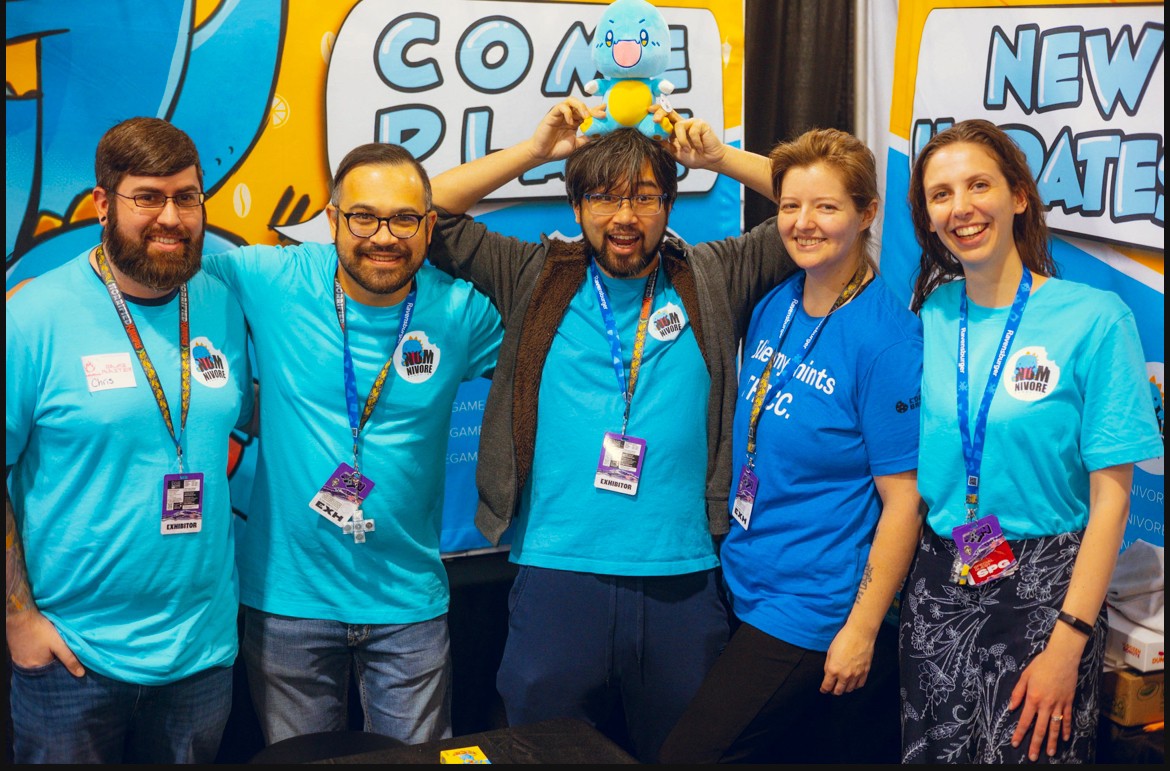
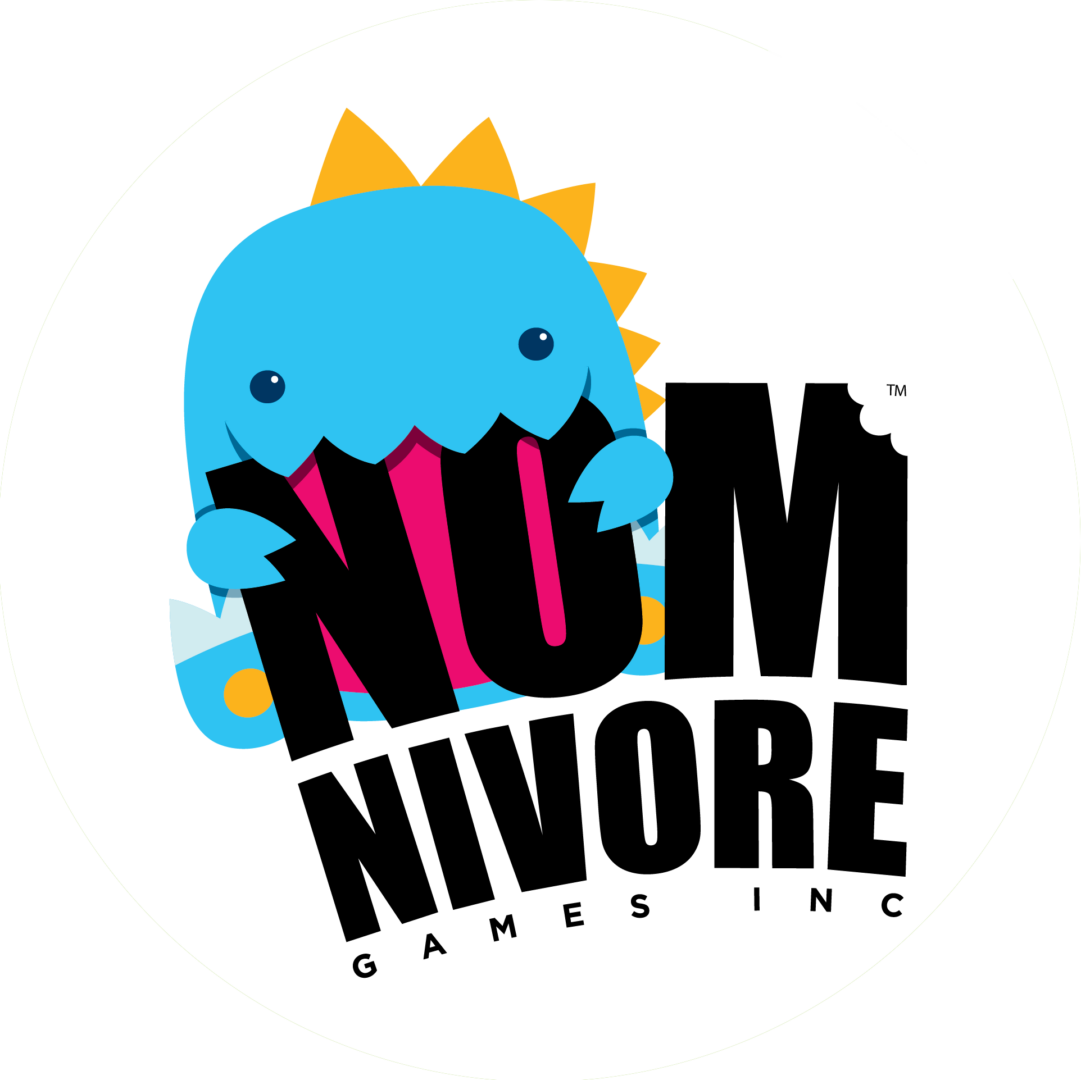
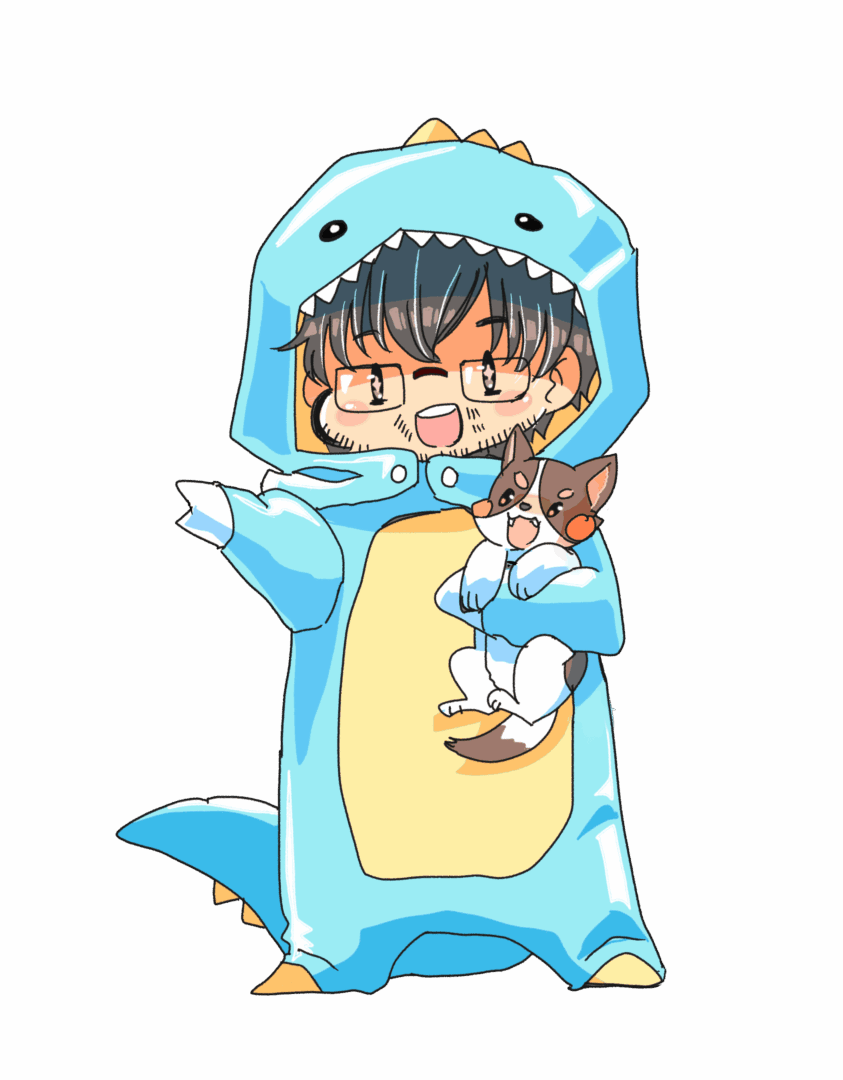
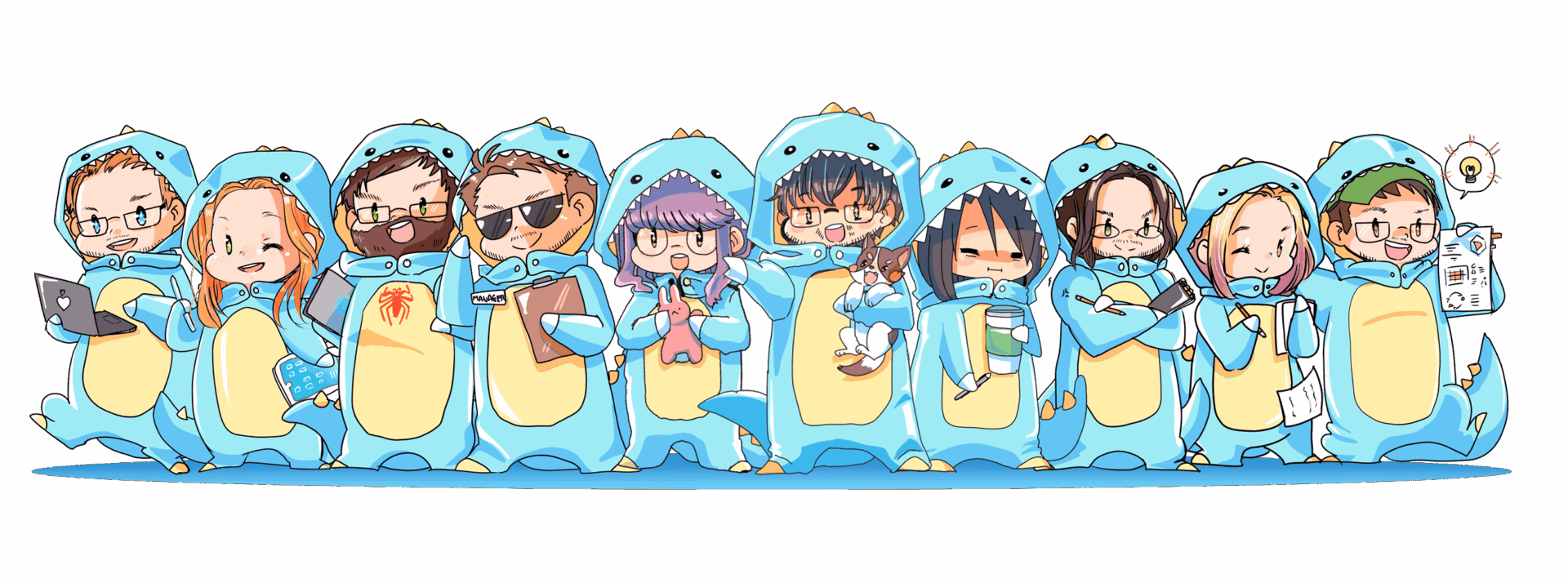
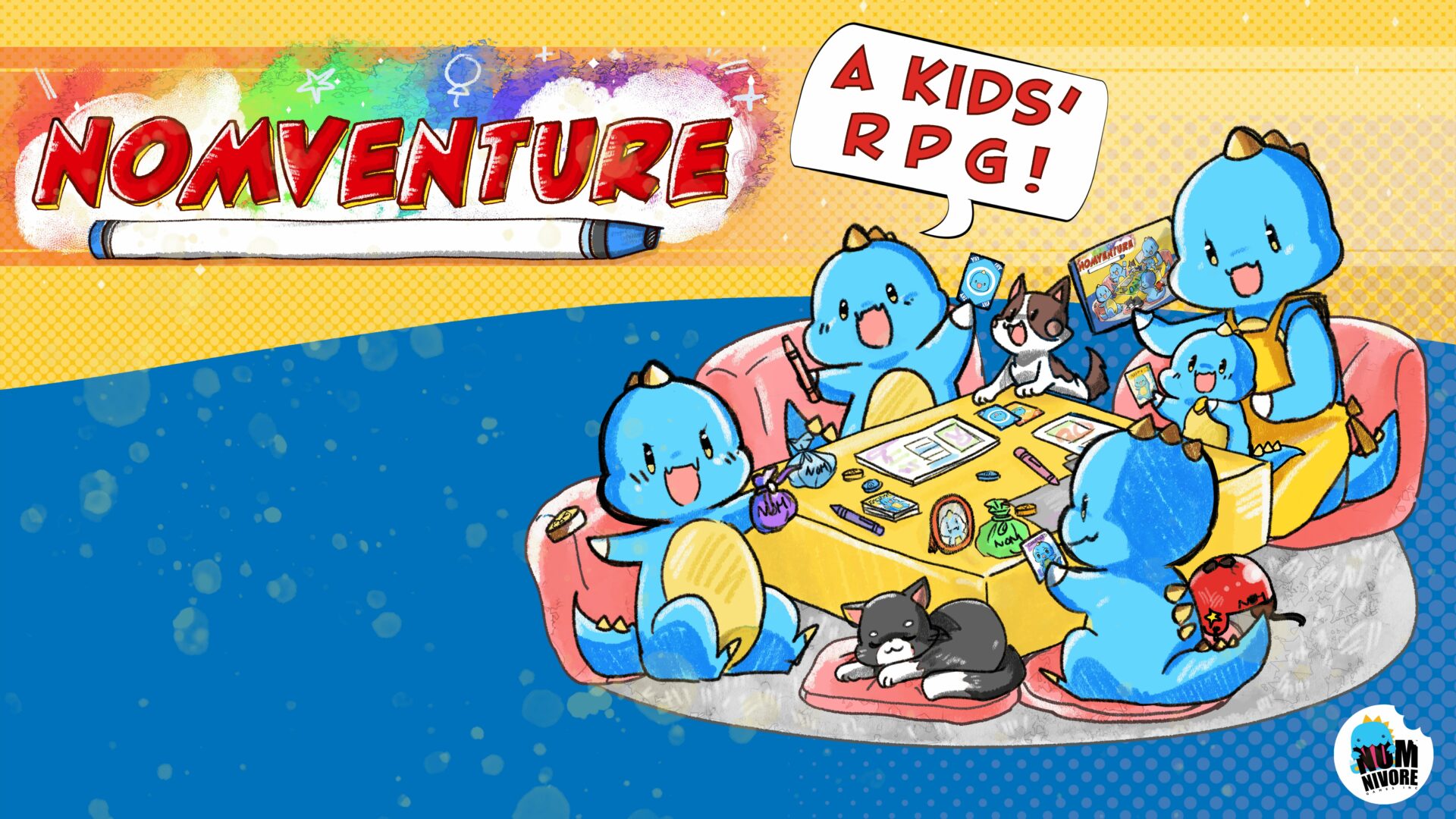
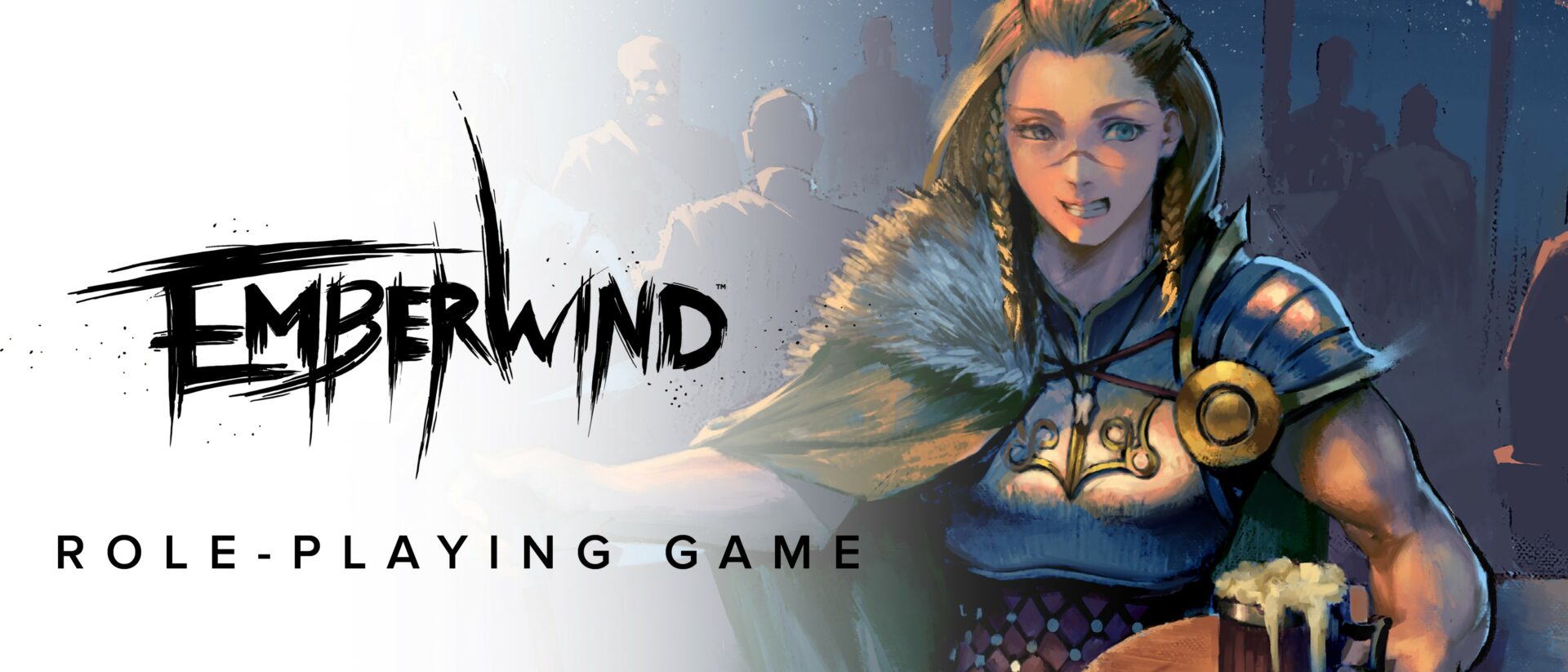
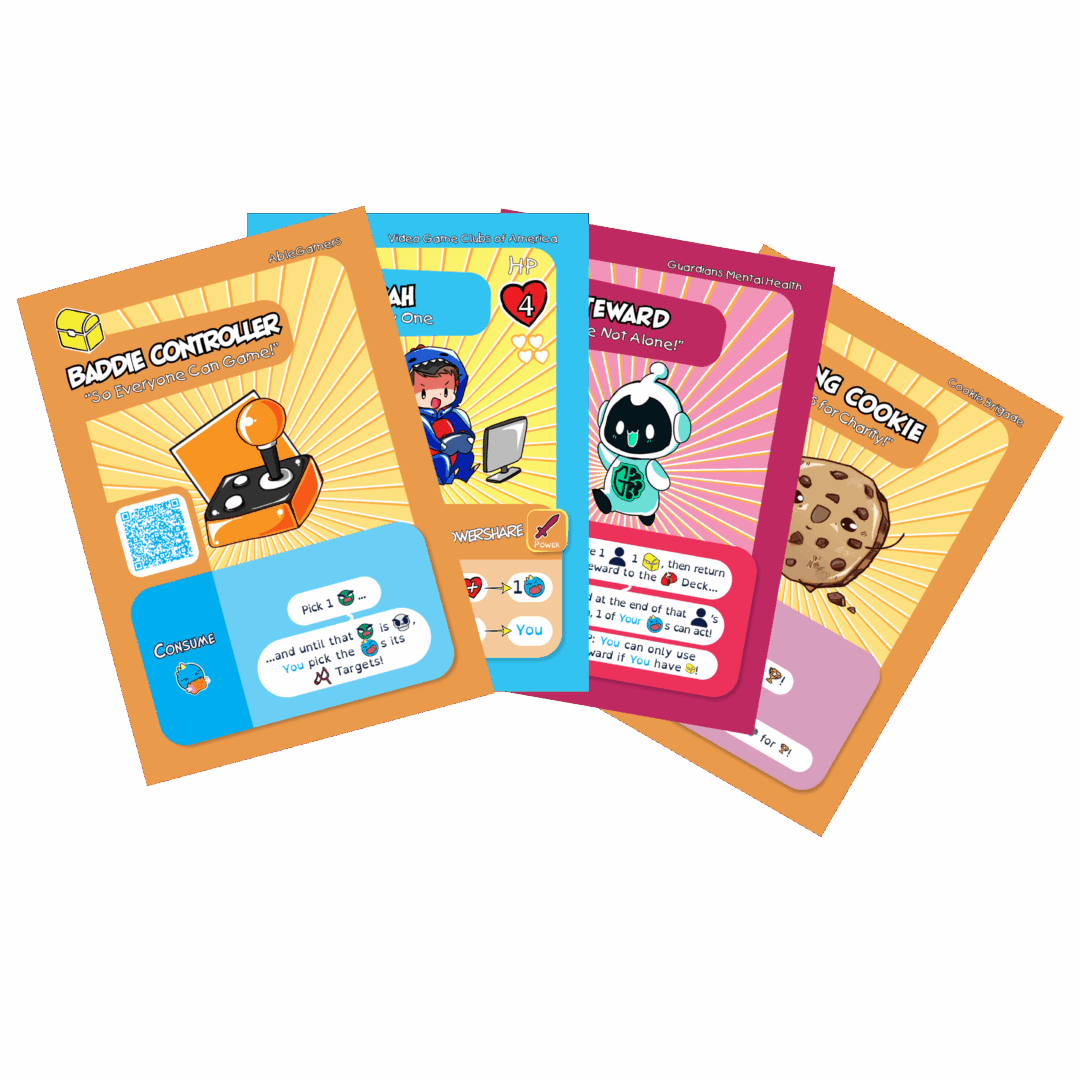
so if you or someone you know deserves recognition please let us know here.

